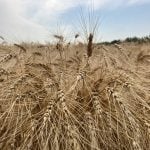
Tag Archives No-till farming
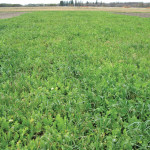
Cover crops breaking out of livestock niche
Benefits of cover crops shown to accrue to grain portion of mixed operations, causing some without livestock to consider them

High-disturbance seeding can be as erosive as a plow
Conservation tillage isn’t conserving as much soil as you thought. That’s why University of Manitoba soil scientist David Lobb says new tillage equipment is needed

Survey to gauge changes in crop rotation
Data needed to measure climate benefit from changes farmers already made
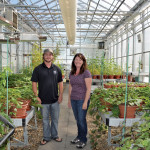
College to build weed identification garden
Assiniboine Community College looks to establish a weed identification garden to house more than 80 of Manitoba’s most common annual and perennial weeds
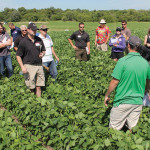
Black earth doesn’t equate to warmer soil temperatures
Spaces went fast for this year’s Manitoba Pulse & Soybean Growers SMART Day

Glenlea Research Station opens its fields to the public on July 8
Mark your calendar to come walk the fields, check out the plots and the composting at this year’s Glenlea field day
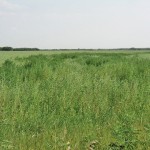
Tank mixing weed killers helps delay herbicide-resistant weeds
But don’t forget to rotate crops, including fall seeded and perennials, advises AAFC’s Hugh Beckie
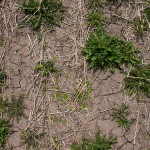
Glyphosate resistance: Change now or pay later
A USDA-ERS report shows managing glyphosate resistance is more cost effective than ignoring resistance and farmers need to work together
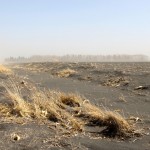
Soil care: Will we make the right choices?
When net effects are considered, tillage can never be justified
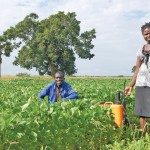
Can conservation agriculture save Africa’s soils?
Adoption rates are slow, but it may be the continent’s best — and last — hope

